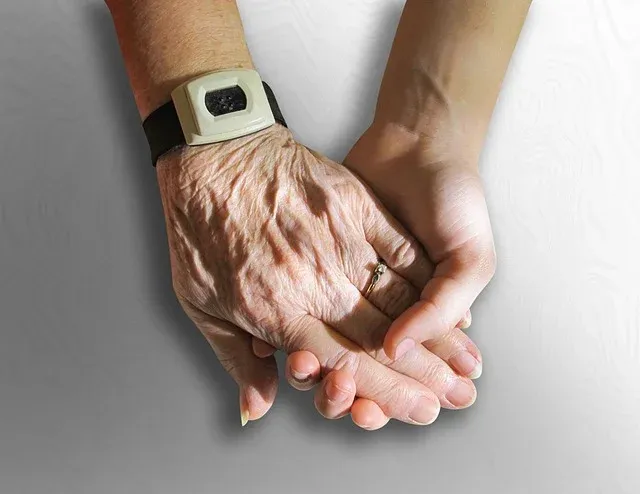In the fast-paced world we live in, the concept of feeling young is subjective. Its influenced by various factors such as lifestyle, health, and societal expectations.
In this article we will discuss psychological factors of What age do you stop feeling young?
The Age You Stop Feeling Young - A journey through time and perceptions. Let's delve into the intricate nuances of aging and the point at which one might stop feeling young.
Psychological Youthful Perception
Psychological Aspect
Understanding the age at which one stops feeling young requires a multifaceted approach. Psychologically, individuals may perceive themselves as youthful well into their later years of age.
This phenomenon is often tied to one's mindset, personal outlook, and the ability to adapt to change. The power of positive thinking and a resilient attitude can extend the perception of youthfulness.
Societal Pressures
Societal expectations and cultural influences play a crucial role in shaping our perception of age. As we navigate through life, societal norms dictate certain milestones by which we are expected to achieve specific goals.
These expectations can create a mental timeline, influencing when individuals believe they should stop feeling young.
Physical Realities of Aging
Biological Clocks and Aging
Biologically, the aging process is inevitable. Cells age, tissues wear down, and the body undergoes natural changes over time.
However, advancements in healthcare and lifestyle choices can significantly impact how we experience these changes. Regular exercise, a balanced diet, and proper medical care can contribute to maintaining a youthful physical state.
Health and Well-being
The correlation between health and the perception of feeling young is undeniable. Individuals who prioritize their well-being through healthy habits tend to experience a more prolonged sense of youthfulness.
Factors such as nutrition, sleep, and stress management play pivotal roles in this equation.
Navigating the Journey | How Long will it take to Get Home?
How long to get home becomes not just a question of physical distance, but a metaphor for the journey through life.
Physical Distance and Emotional Proximity
The metaphorical journey home mirrors our life's trajectory. Just as the time it takes to reach a physical destination can vary, the emotional journey through life differs for each person.
How long will it take to get home is not merely a question of miles; it encompasses the experiences, challenges, and joys encountered along the way.
Life's Milestones
Life is a series of milestones that shape our journey. From career achievements to personal relationships, each milestone contributes to our sense of self and influences when we may stop feeling young.
Embracing these milestones with a positive mindset can enhance our overall well-being.
Breaking the Stereotypes
Challenging Societal Norms
In a society that often associates youthfulness with specific age brackets, challenging these norms becomes essential. Embracing diversity in experiences and perspectives allows individuals to break free from preconceived notions and continue feeling young, regardless of age.
Embracing Life Change
Change is the only constant in life, and embracing it is key to maintaining a youthful spirit. Whether it's trying new hobbies, exploring different cultures, or learning new skills, a willingness to adapt fosters a sense of curiosity and vitality.
Conclusion
A Timeless Journey - In conclusion, the age at which one stops feeling young is a subjective and intricate interplay of psychological, societal, and physical factors.
By understanding and accepting these elements, individuals can embark on a timeless journey that defies conventional expectations.
Tags
The age you stop feeling young in psychology | what age do you stop feeling young | how long to get home | how long will it take to get home | life changing perceptions in psychology | age changing perceptions in psychology.




![Psychological Testing - Military Psych Evaluation Test [2025]](https://blogger.googleusercontent.com/img/b/R29vZ2xl/AVvXsEhzqbDT73tYUBWzt7y98-9sIzOJNajPW4YvmJ5zJGY5LwHxOwk4008csujrO-KNnviisW7CMmAanzKWMwm00Bsmm8is5F2-PMShElVMGqqPrHvPUgcZiPAFRg7CgFcqNdTZtDIIievlS-o/w100/Military+Selection.jpg)




0 Comments